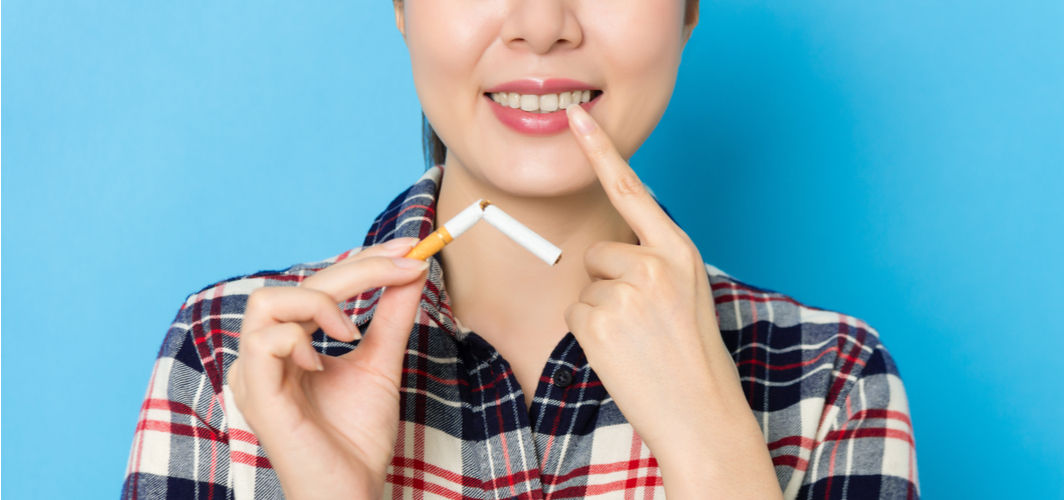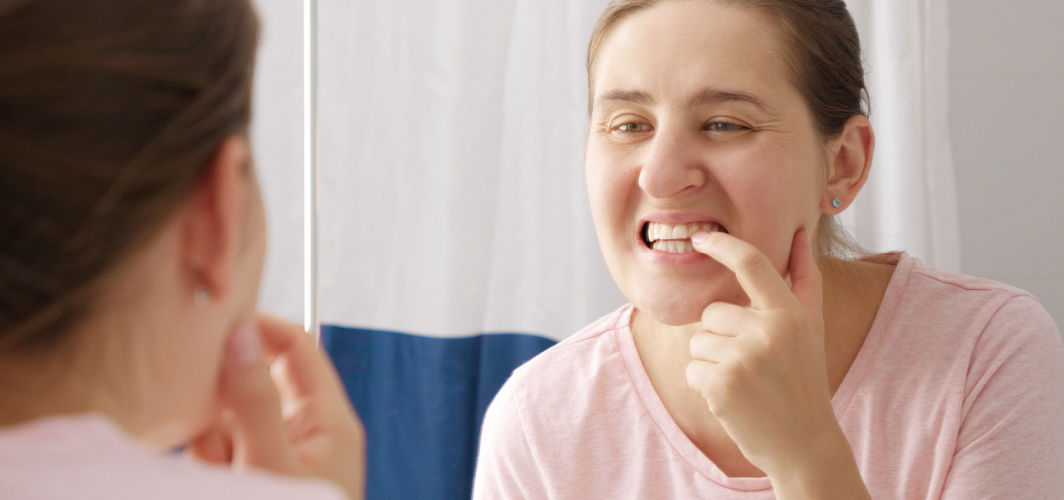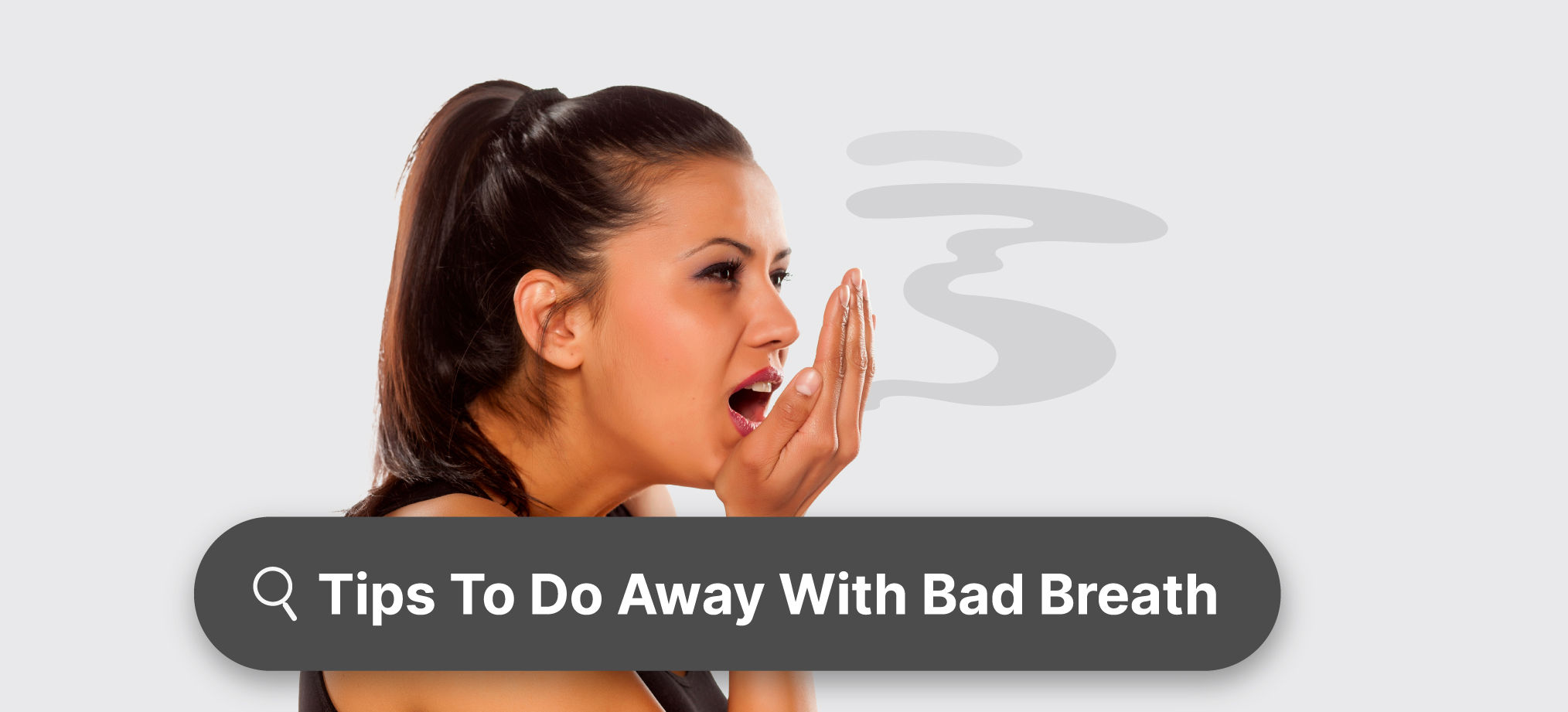Oral & Dental
The Effect of Tobacco on Oral Health: It’s More Serious Than You Think
4 min read
By Dr Sonia Bhatt, Dental Surgeon - 09 December 2021, Updated on - 31 May 2024
Share this article
0
15 likes

Most of us are well aware of the fact that tobacco use is harmful to health. However, not many people realize that tobacco use is actually the primary cause of various oral diseases. Read on to know more about the impact of tobacco use on your oral health and the effective ways to deal with it.
How does tobacco affect oral health?
The most apparent effect of tobacco is the discoloration of teeth and tongue. Besides aesthetic changes, tobacco use also causes physical damage to the oral cavity. Upon chewing, tobacco releases abrasive particles and chemicals that damage the teeth. The nicotine found in tobacco impedes the flow of saliva, resulting in a dry mouth. Inadequate saliva leads to food particles sticking to the teeth, which in turn encourages the growth of acid-producing bacteria that cause tooth decay.
Similarly, smoking tobacco products impairs the supply of blood and oxygen to the gums, interferes with the normal function of gum tissue cells, suppresses the immune system’s response to oral infections, and adversely affects the healing of gums after surgical or accidental wounding. All these factors significantly increase your risk of tooth decay, gum disease, and tooth loss.
Recommended Read: World No Tobacco Day 2021: Quit this Habit Today
Common oral issues linked to tobacco use
Regular use of tobacco products can put you at an increased risk of several oral and dental problems such as:
- Foul odor from mouth
- Discoloration of teeth
- Impaired sense of taste
- Accumulation of plaque and tartar on teeth
- Gum disease (gingivitis and periodontitis)
- Tooth decay
- Tooth loss
- Oral birth defects such as cleft lip and palate (in children whose mothers smoke during pregnancy)
Serious health complications associated with tobacco use
The aforementioned oral and dental problems might seem like common health issues that can affect just anyone, including non-smokers. However, this is not true. If you smoke or chew tobacco, then you might be at a significantly higher risk of developing life-threatening diseases such as:
- Oral cancer
- Throat Cancer
- Esophageal Cancer
- Lung Cancer
- Pancreatic Cancer
- Bronchitis
- Type 2 Diabetes
- Heart Disease
- Stroke
Recommended Read: Does Poor Oral Hygiene Increase the Risk of Heart Disease?
Are smokeless tobacco products safe?
No, smokeless tobacco products aren’t safe either. Just like cigarettes and other smoked tobacco products, smokeless tobacco is addictive and makes you susceptible to serious oral problems such as tooth decay and gum disease. Nicotine and other harmful ingredients in smokeless tobacco products such as supari, gutkha, and paan masala release hundreds of toxic, cargicogenic chemicals into your mouth when you consume them. Cancers of the mouth, throat, and esophagus are some of the serious health risks linked to smokeless tobacco products.
Benefits of quitting tobacco
Quitting tobacco can significantly lower the risks to your oral health and overall well-being. In fact, even reducing the amount of tobacco you consume or smoke can help. According to studies, the risk of gum disease in people who have quit smoking is not much different from non-smokers after a few years. Long-term benefits of quitting smoking include reduced risk of developing life-threatening diseases such as heart disease, stroke, bronchitis, and different types of cancer.
Effective ways to quit tobacco
If you are a long-term tobacco user, then the urge to chew or smoke tobacco can be overwhelming. Nevertheless, it is still possible to overcome the craving and stop the use of tobacco products. Some of the proven ways that can help you quit tobacco are:
- Avoid tobacco triggers - You are more likely to experience a strong urge to use tobacco in situations or at places where you have smoked or chewed tobacco most often. Therefore, it is important to recognize your triggers and prepare a plan to avoid them completely, or be mindful of the choices you make.
- Practice relaxation techniques - Many people take to smoking to deal with stress. As a result, resisting the tobacco craving can be difficult, especially during challenging times. Relaxation techniques such as yoga, meditation, deep-breathing exercises, massage, and muscle relaxation can help provide healthier alternatives for stress-management.
- Get physically active - It is possible to distract your mind from tobacco cravings by getting physically active. Running, jogging, cycling, and swimming are some simple exercises that can help take your mind off tobacco.
- Try therapy - Psychological counselling can help you identify your triggers for tobacco use, and develop strategies to overcome the urge to use tobacco.
- Explore medical options - Consult your dentist to know more about nicotine replacement therapy. Some of the commonly considered tobacco cessation options include over-the-counter (OTC) nicotine gums and prescription nicotine-based nasal spray. Some of the non-nicotine medications include bupropion (Zyban) and varenicline (Chantix).
If you are worried about the impact of tobacco use on your oral health, don’t hesitate to reach out to a qualified dentist.
Oral & Dental
Leave Comment
Recommended for you

Oral & Dental
7 Signs You Should Visit a Dentist
Though dental treatments are often perceived as traumatic, they are necessary to maintain good oral health.

Oral & Dental
Is Severe Gum Bleeding A Sign Of Diabetes?
There is a two-way link between diabetes and oral health, particularly gum disease. People with diabetes are at a higher risk of developing oral health problems due to the impact of high blood sugar on the mouth. The article provides tips on how to maintain good oral health for overall diabetes management.

Oral & Dental
Can Bad Breath Be A Sign Of An Underlying Health Condition?
Read to know the reasons behind bad breath that go way beyond poor oral hygiene.
Subscribe
Sign up for our free Health Library Daily Newsletter
Get doctor-approved health tips, news, and more.
Recommended for you

Oral & Dental
7 Signs You Should Visit a Dentist
Though dental treatments are often perceived as traumatic, they are necessary to maintain good oral health.

Oral & Dental
Is Severe Gum Bleeding A Sign Of Diabetes?
There is a two-way link between diabetes and oral health, particularly gum disease. People with diabetes are at a higher risk of developing oral health problems due to the impact of high blood sugar on the mouth. The article provides tips on how to maintain good oral health for overall diabetes management.

Oral & Dental
Can Bad Breath Be A Sign Of An Underlying Health Condition?
Read to know the reasons behind bad breath that go way beyond poor oral hygiene.